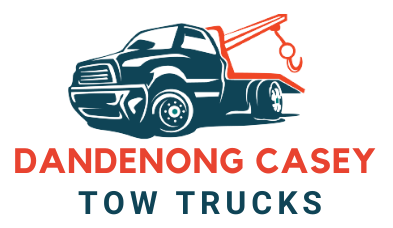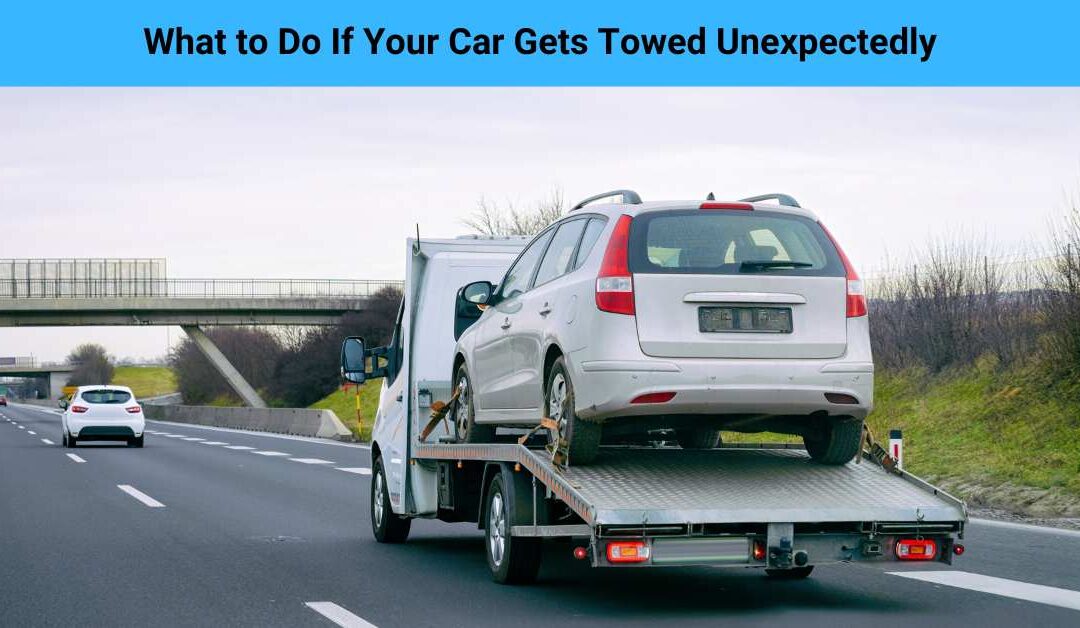Discovering that your car has been towed can be frustrating and stressful, especially if you were unaware of the reason. Whether it was towed due to parking violations, expired registration, or an accident, knowing the right steps to take can help you retrieve your vehicle quickly and avoid unnecessary fees.
Confirm That Your Car Was Towed
Before assuming that your car was stolen, confirm whether it was towed. If you parked in a restricted area, check for any nearby signs indicating towing regulations. Some locations have posted information about which company is responsible for towing vehicles in that area. If you don’t see any signs, contact local authorities or non-emergency police lines to inquire about recent tows.
Many cities have a dedicated towing and impound database online, allowing you to search for your vehicle by entering your license plate number. Checking these sources first can save you time and frustration.
Find Out Where Your Car Was Taken
Once you’ve confirmed that your car was towed, ask for details about where it was taken. The police or the towing company should be able to provide the name, address, and phone number of the impound lot. It’s important to act quickly, as storage fees can accumulate daily.
If your car was towed due to a violation, such as parking illegally or blocking a driveway, be prepared to pay fines before retrieving your vehicle. Some cities also require proof of ownership, valid identification, and updated registration before releasing the car.
Understand the Fees and Requirements
Before heading to the impound lot, ask about the costs associated with retrieving your vehicle. Fees can include towing charges, storage fees, administrative fees, and fines related to the reason your car was towed. If your vehicle was impounded due to unpaid tickets or legal issues, you may need to settle those before getting your car back.
Each towing company has different policies, so it’s best to clarify what documents you need to bring. Typically, you will need your driver’s license, proof of ownership (registration or title), and proof of insurance. If someone else is retrieving the car on your behalf, they may need written authorization from you.
Retrieve Your Vehicle as Soon as Possible
Once you have all the necessary documents and funds to cover the fees, go to the impound lot promptly. Delaying retrieval can result in higher costs since most towing companies charge daily storage fees.
When you arrive, inspect your vehicle carefully before driving away. Check for any new damage that may have occurred while it was towed or stored. If you notice any issues, document them with photos and ask for an incident report. If necessary, file a complaint with the towing company or report it to local authorities.
Prevent Future Towing Incidents
To avoid future towing situations, always be aware of parking regulations in your area. Look for posted signs, check local ordinances, and pay attention to time limits in restricted parking zones. If you’re parking in a private lot, make sure you have permission or the necessary permits.
Keeping your registration and insurance up to date can also prevent your car from being towed due to legal or administrative reasons. If you ever receive a warning or notice about potential towing, address the issue as soon as possible to avoid complications.
Conclusion
Having your car towed unexpectedly can be a frustrating experience, but knowing what steps to take can make the process smoother. Confirm the towing location, gather the necessary documents, and retrieve your vehicle as soon as possible to minimize costs. By staying informed about local parking regulations and keeping your documents up to date, you can prevent future towing incidents and avoid unnecessary stress.
Contact Us
Dandenong Casey Tow Trucks
50 Fitzgerald Road
Hallam VIC 3803
(03) 7042 2011


Recent Comments